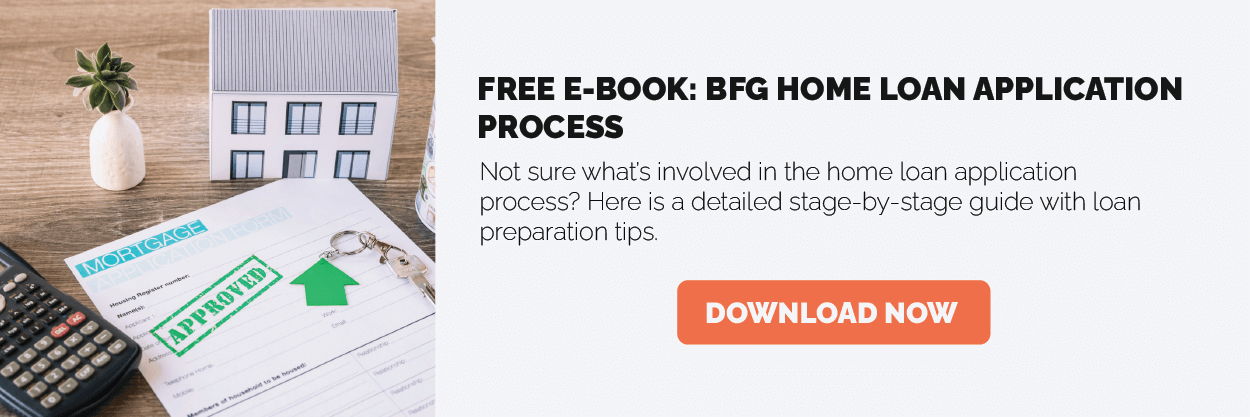Unsure about the distinction between conditional and unconditional approval and how to get it? Read on to get BFG’s best tips.
What is unconditional approval?
So, put simply, unconditional approval is the stage of your home loan where the bank has reviewed your application fully and is ready to proceed with loaning you a set amount to purchase a specific property.
It differs from conditional approval as this is the stage where the bank is still taking all of your circumstances into account and hasn’t decided on how much you’re able to borrow.

How to obtain such an approval?
There are a few factors that affect the likelihood of being accepted for this type of approval, including:
- Having more than 20% deposit to avoid Lender’s Mortgage Insurance
- Minimal or no outstanding debts that need to be serviced
- Stability of employment (can include self-employment)
This is not a comprehensive list, but covers essential points on every bank’s checklist. If you haven’t covered these, attaining such an approval for that property you’ve got your eye on is going to be very difficult.

For even more tips on how to achieve unconditional approval, make sure you to a look at our ‘How to maximise your borrowing power’ blog.
Full, formal and unconditional approval – what’s the difference?
There can be some confusion around the difference between these terms. If you’ve had a broker or banker use the terms ‘full’ or ‘formal’ approval, it’s just industry jargon. There is no difference to unconditional approval.
Still unsure what are your next steps? Get in touch with one of our experienced mortgage broker for tailored financial advice then! At BFG, we provide quality mortgage service at zero-cost.
Disclaimer: The information provided is general in nature and does not constitute financial advice. Please speak to us for recommendations on your individual circumstances and requirements.


